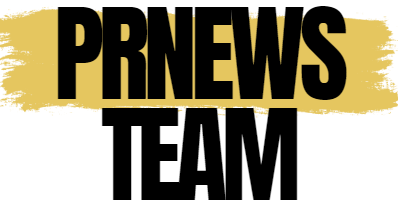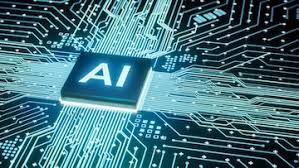In a powerful and succinct statement, scientists and industry leaders, including prominent executives from Microsoft and Google, have issued a stark warning about the dangers posed by artificial intelligence (AI) to humanity.
The statement, posted on the website of the Center for AI Safety, garnered signatures from key figures such as Sam Altman, CEO of OpenAI, the company behind ChatGPT, and Geoffrey Hinton, a renowned computer scientist often referred to as the godfather of AI.
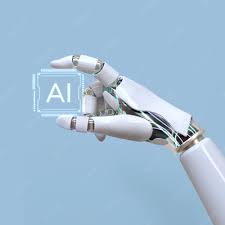
As the capabilities of highly advanced AI chatbots, like ChatGPT, continue to evolve, concerns about the potential of AI systems outsmarting humans and spiraling out of control have amplified.
The brevity of the statement was intentional, as it aimed to encompass a broad coalition of scientists who may have differing perspectives on the most likely risks and potential solutions.
According to Dan Hendrycks, executive director of the Center for AI Safety based in San Francisco, the statement was a means to encourage individuals to openly address the issue that had previously been discussed discreetly among themselves.
The statement, released on Tuesday, emphasized the need for global prioritization of mitigating the risks of AI, placing it alongside other societal-scale threats such as pandemics and nuclear war.
Its succinctness aimed to convey a united front among more than 1,000 researchers and technologists who signed the letter, including renowned figures like Elon Musk.
Earlier this year, these individuals had signed a more extensive letter calling for a six-month pause on AI development due to the perceived “profound risks to society and humanity.”
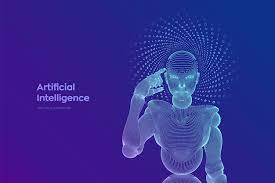
Governments worldwide are now racing to establish regulations for this rapidly evolving technology. Leading the way is the European Union, which is set to approve its AI Act later this year, establishing a comprehensive framework for AI governance.
The concerns expressed by these experts reflect the urgent need for responsible development and deployment of AI. While AI offers immense potential for societal advancement, there are valid concerns regarding its uncontrolled growth and potential consequences. Ensuring the ethical and safe use of AI is crucial to mitigate risks and avoid unintended harm.
The global consensus emerging from the scientific and tech communities underscores the need for a collaborative approach to addressing the challenges posed by AI.
Acknowledging the risks of AI is the first step towards devising robust frameworks and regulations that strike a balance between innovation and safeguarding humanity’s well-being.
The statement also calls attention to the complex nature of AI risks, with experts holding diverse views on the specific threats and potential solutions. This diversity of thought highlights the importance of ongoing dialogue and multidisciplinary collaborations to address the challenges in a comprehensive and informed manner.
The urgency of the warning emphasizes the need for governments, industry leaders, and researchers to work collectively. By fostering transparency, sharing knowledge, and engaging in ethical practices, it becomes possible to harness the transformative potential of AI while minimizing its inherent risks.
As governments grapple with regulatory frameworks, it is crucial to ensure that AI is developed with a strong focus on human values, fairness, and accountability.
Responsible AI development involves incorporating principles such as transparency, explainability, and bias mitigation into the design and deployment of AI systems.
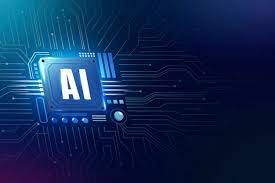
Furthermore, ongoing research into AI safety and ethics is vital for understanding the potential risks and implementing necessary safeguards. This includes exploring methods to make AI systems more interpretable, allowing humans to understand the decision-making process of AI algorithms.
Additionally, robust mechanisms for assessing and certifying AI systems can help ensure that they adhere to ethical standards and minimize unintended negative consequences.
The current call for action from renowned experts and industry leaders serves as a rallying cry for all stakeholders to embrace responsible AI practices.
The challenges ahead are substantial, but by working together, humanity can navigate the path to an AI-powered future that benefits society while prioritizing human welfare and minimizing risks.
